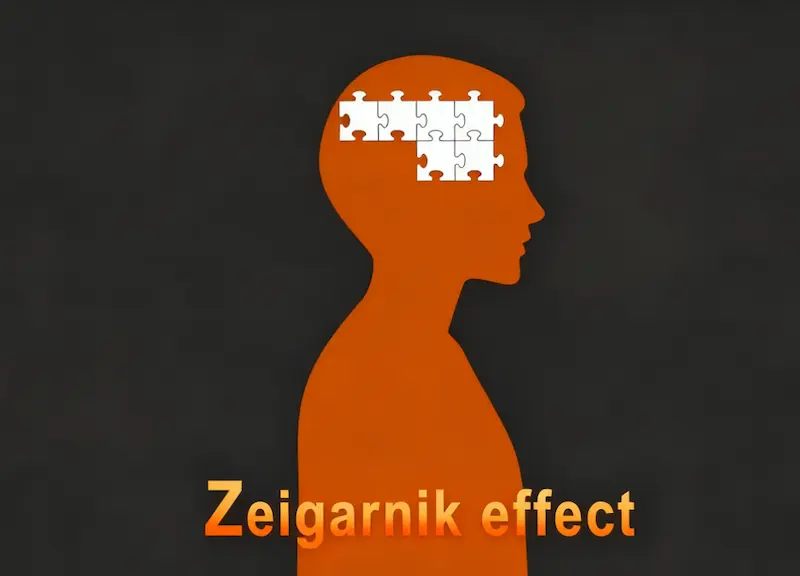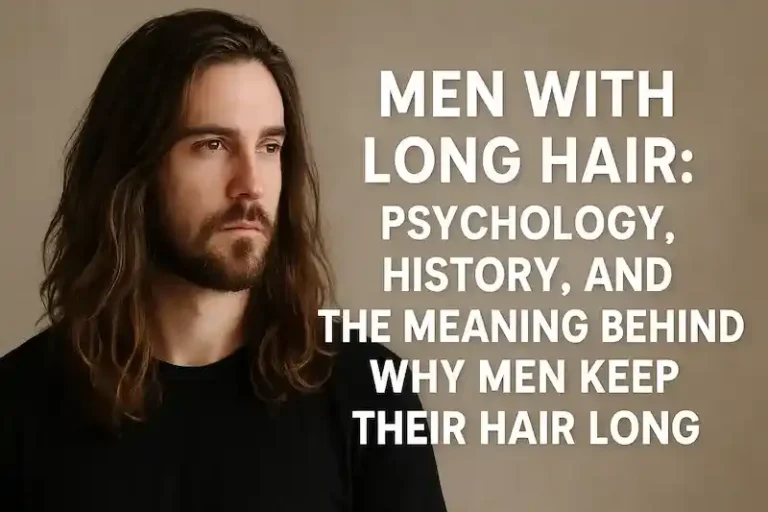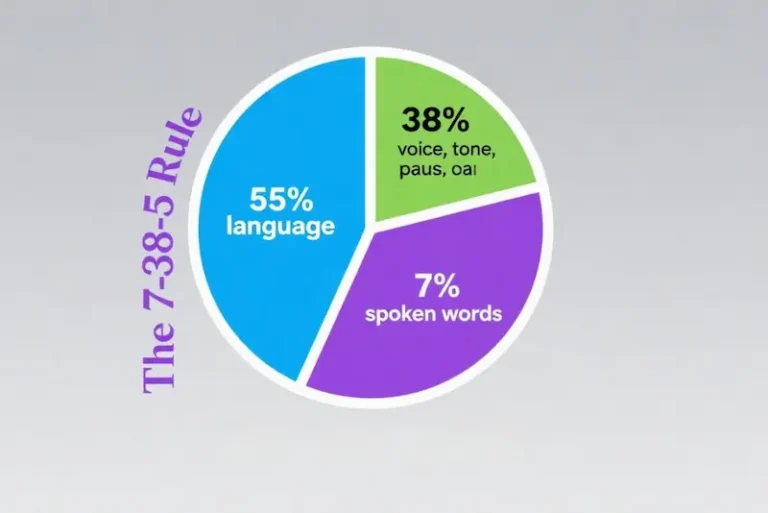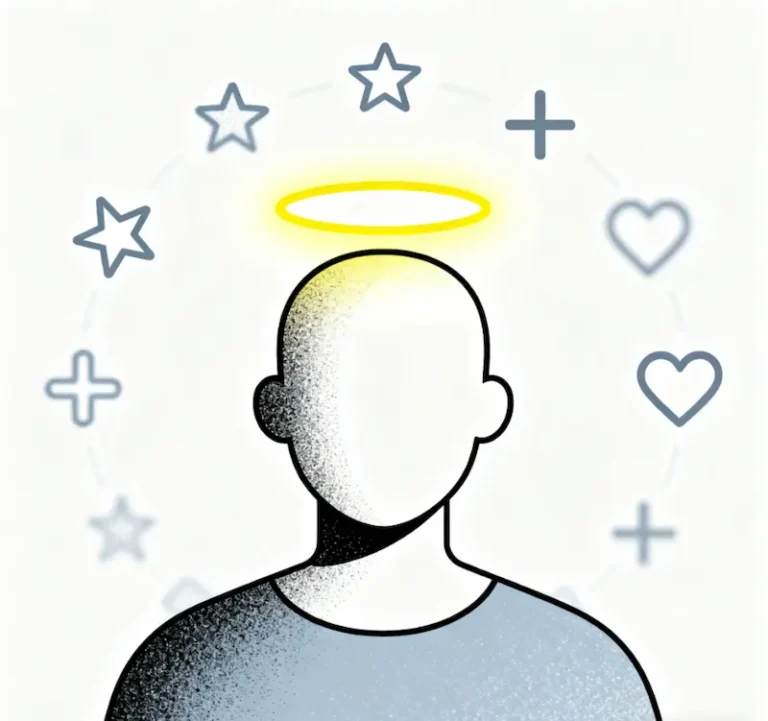Zeigarnik Effect: Why You’re Obsessed with Unfinished Relationships

Table of Contents
Imagine scrolling through your Spotify playlist and suddenly hearing that song—the one you used to blast on road trips with your ex. Or walking past the coffee shop where you had your first date with someone who never texted back. Even years later, those moments trigger a sharp twinge of longing, leaving you thinking: Why can’t I let go of something that never really “ended”? The answer lies in a powerful psychological principle called the Zeigarnik Effect—a quirk of the brain that makes unfinished relationships cling to our memories far tighter than the ones that worked out.
What Is the Zeigarnik Effect?
The Zeigarnik Effect is named after Bluma Zeigarnik, a Soviet psychologist who first documented the phenomenon in a 1927 study conducted at the University of Berlin. Her experiment was simple but revealing: she asked 22 participants to complete routine tasks—like writing a short poem, solving basic math problems, or folding paper into shapes.
Halfway through some tasks, Zeigarnik interrupted the participants, telling them to stop and move to the next activity. The other half were allowed to finish every task without interruption. Later, she asked everyone to recall as many tasks as possible.
The results were striking: participants remembered twice as many of the unfinished tasks as the completed ones. Zeigarnik concluded that our brains are wired to prioritize “unresolved” actions—they create a sort of “mental tension” that lingers until the task is finished.
When it comes to romance, this tension translates to obsession with unfinished relationships. A breakup right before an engagement, a crush that never turned into a date, or a love that faded without a proper conversation—these “unfinished stories” trigger the Zeigarnik Effect. Our brains can’t let go of the “what ifs,” so they keep looping back to the relationship, trying to “resolve” it even when it’s long over.
The American Psychological Association (APA) later expanded on Zeigarnik’s work, noting that this effect is strongest for experiences tied to emotion—like love or heartbreak—because our brains assign more importance to feelings that feel “unsettled.”
Why Does Unfinished Love Fuel Such Strong Obsession?
The Zeigarnik Effect doesn’t just make us remember unfinished relationships—it makes us obsess over them. This intensity comes from four key psychological factors, each amplifying the brain’s drive to “finish” the story.
1. Psychological Tension from Unresolved Ends
Our brains hate uncertainty. When a relationship ends without clear closure—say, a partner ghosting you or a breakup that happens mid-argument—your brain creates a state of “cognitive dissonance.” It wants to make sense of what happened, but without answers, it keeps replaying the details to find a resolution.
Take Sarah, a nurse from Chicago, and Mike, her partner of three years. They’d booked a wedding venue, picked a date, and even started shopping for a house—until Mike got a dream job offer in London. Sarah couldn’t leave her family or her role at a local children’s hospital, so they called off the engagement.
Years later, Sarah still finds herself scrolling through old wedding Pinterest boards or replaying conversations about their future home. “I keep thinking, ‘What if I’d moved with him?’ or ‘What if he’d turned down the job?’” she says. That’s the Zeigarnik Effect’s tension at work: her brain can’t accept the story is over, so it keeps chasing the “unfinished” ending.
2. Idealization and Selective Memory
When a relationship is unfinished, we don’t just remember it—we rewrite it. Our brains automatically filter out the bad parts (the fights, the missed calls, the moments you felt unappreciated) and fixate on the good ones (the first kiss, the late-night talks, the way they made you laugh). This “selective memory” turns the unfinished relationship into a “perfect” fantasy.
Jake, a software engineer in Austin, knows this well. He had a crush on his teammate Lila for six months—admiring her quick wit in meetings and the way she laughed at his terrible dad jokes—but he was too nervous to confess. When Lila left the company to start her own startup, Jake’s memories shifted.
He stopped recalling the times she canceled their coffee plans last minute or disagreed with his project ideas. Instead, he fixated on her smile and the “perfect relationship” they could have had. “I started thinking she was ‘the one that got away,’ even though we never really dated,” he admits. This idealization is a classic Zeigarnik side effect: without real closure, our brains fill in the gaps with fantasy, making the obsession harder to shake.
3. Loss Aversion and Sunk Costs
We’re wired to hate losing more than we love winning—a concept called “loss aversion,” popularized by Nobel Prize-winning economist Daniel Kahneman. When we invest time, energy, or emotions into a relationship, those “sunk costs” make the unfinished ending feel even more painful. Our brains see the investment as wasted if the relationship doesn’t “pay off,” so they cling to the hope of fixing it.
Maria, a marketing manager in Boston, experienced this after a five-year relationship with Alex. She turned down a promotion that would have moved her to Seattle because Alex wanted to stay close to his aging parents. Alex quit his indie band—something he’d loved since college—to spend more time with her.
When they broke up over differing views on starting a family, Maria struggled most with the opportunities she’d sacrificed. “It wasn’t just losing him,” she says. “It was thinking, ‘Did I give up my dream for nothing?’” That’s loss aversion paired with the Zeigarnik Effect: the more you invest, the harder it is to accept the relationship is unfinished.
4. Questioning Self-Worth
Unfinished relationships often make us doubt ourselves. When a relationship ends without explanation—like a partner saying “I’m not ready” or ghosting you—we turn the uncertainty inward. We start wondering: Was it me? Am I not lovable? Did I do something wrong?
Emma, a teacher in Denver, felt this after her boyfriend of two years ended things suddenly. “He just said, ‘I need space,’ and never explained more,” she says. “I started replaying every fight, every text, every moment, trying to find a ‘mistake’ I made. Did I talk too much? Was I too clingy? Was I not enough?”
This self-doubt fuels the Zeigarnik Effect. Emma’s brain kept circling back to the breakup because she wanted to “prove” she was worthy of love—and the only way to do that, in her mind, was to “finish” the story (either by getting an explanation or winning him back).
How to Overcome the Zeigarnik Effect in Relationships
The Zeigarnik Effect is a natural brain quirk, but it doesn’t have to control you. With intentional steps, you can reduce its grip and move forward from unfinished relationships. Here’s how, backed by psychological research:
1. Seek Closure—Even If It’s With Yourself
You don’t need to talk to your ex to get closure. Instead, create it for yourself. Try writing a “closure letter” (you don’t have to send it) that answers three questions:
- What did I love about this relationship?
- What hurt me, or what didn’t work?
- What do I wish had happened, and why?
This act of putting your thoughts on paper tells your brain the story is “finished.” A 2018 study in the Journal of Clinical Psychology found that expressive writing like this reduces rumination (repetitive, unhelpful thinking) related to unresolved relationships by 30%—directly targeting the Zeigarnik Effect’s tension.
2. Practice Cognitive Reframing
When you catch yourself idealizing the unfinished relationship, pause and ask: “What’s one thing I’m forgetting?” This “cognitive reframing” helps you see the relationship realistically, not as a fantasy.
For Jake (the software engineer), this meant reminding himself: “Lila was great, but she also canceled plans three times. We might not have worked out even if I’d confessed.” For Sarah, it was: “Moving to London would have meant leaving my family and my job—I would have resented that eventually.”
Reframing doesn’t erase the pain, but it breaks the cycle of idealization. The APA recommends doing this daily for two weeks—over time, it trains your brain to stop filtering out the bad parts of the relationship.
3. Redirect Your Brain’s Need for Resolution
Our brains love finishing things—so give them new tasks to focus on. Pick a hobby you’ve been wanting to try (painting, hiking, learning Spanish), or set a goal (running a 5K, volunteering at a local animal shelter, redecorating your apartment).
This redirects the energy your brain was putting into the unfinished relationship toward something positive. For Maria, that meant taking the promotion she’d turned down years earlier. “Moving to Seattle forced me to focus on my career and make new friends,” she says. “I stopped thinking about Alex and started thinking about what I wanted.”
4. Talk to a Therapist If You’re Stuck
If the obsession feels overwhelming—like it’s affecting your work, friendships, or ability to date new people—a therapist can help. Cognitive-behavioral therapy (CBT), in particular, is effective for addressing Zeigarnik-related rumination.
Therapists use CBT to help you identify unhelpful thought patterns (like “I’ll never find love again”) and replace them with realistic ones (like “This relationship didn’t work, but that doesn’t mean no one will love me”). A 2022 study in the Journal of Consulting and Clinical Psychology found that CBT reduces Zeigarnik-driven relationship obsession by up to 40% in 12 weeks.
The Bottom Line: Letting Go of “What Ifs” to Embrace “What’s Next”
The Zeigarnik Effect is a reminder that our brains are designed to seek resolution—but when it comes to relationships, sometimes the healthiest choice is to accept that some stories stay unfinished.
Unfinished relationships can teach us about what we want (and don’t want) in love, about resilience, and about self-worth. But they shouldn’t keep us stuck in the past. Whether your unfinished relationship was a breakup, a missed chance, or a crush that never bloomed, remember: the “what ifs” are just your brain’s way of asking for closure.
By creating closure for yourself, reframing your memories, and redirecting your focus, you can loosen the Zeigarnik Effect’s grip. You deserve to move forward—not to a “perfect” relationship, but to one that feels finished in the best way: full of joy, respect, and the kind of closure that lets you say, “This is where I’m supposed to be.”
CTA
SummaryThe Zeigarnik Effect explains why unfinished relationships trigger such intense obsession: our brains crave resolution, so they fixate on “unfinished” stories, idealize the past, cling to sunk costs, and make us question our self-worth. But with intentional steps—seeking self-closure, reframing memories, redirecting focus, or working with a therapist—you can move past this effect and open yourself to new love.
Have you felt the Zeigarnik Effect’s pull with an unfinished relationship? Maybe you still think about a past love or a missed chance—share your story in the comments below. If this article helped you understand why those feelings linger, pass it along to a friend who might be struggling to let go. Together, we can stop chasing “what ifs” and start building “what’s next.”







Hello my friend! I want to say that this article is amazing, nice written and include almost all significant infos. I’d like to see more posts like this.
There is obviously a lot to realize about this. I consider you made certain good points in features also.
Hello.This post was really remarkable, especially because I was browsing for thoughts on this topic last Friday.
A person necessarily help to make significantly posts I might state. That is the very first time I frequented your website page and up to now? I surprised with the research you made to create this actual post incredible. Wonderful activity!
Excellent post. I was checking constantly this blog and I am impressed! Extremely helpful information specially the last part 🙂 I care for such information a lot. I was looking for this particular info for a very long time. Thank you and best of luck.
Great wordpress blog here.. It’s hard to find quality writing like yours these days. I really appreciate people like you! take care
Outstanding feature
Very interesting points you have noted, thanks for putting up.
An impressive share, I simply given this onto a colleague who was doing a bit evaluation on this. And he in truth bought me breakfast because I found it for him.. smile. So let me reword that: Thnx for the deal with! But yeah Thnkx for spending the time to debate this, I really feel strongly about it and love studying more on this topic. If possible, as you turn out to be experience, would you thoughts updating your blog with more details? It’s highly useful for me. Big thumb up for this weblog put up!
Hola! I’ve been following your website for a while now and finally got the courage to go ahead and give you a shout out from Huffman Texas! Just wanted to say keep up the good job!
whoah this blog is magnificent i love reading your posts. Keep up the good work! You know, a lot of people are looking around for this information, you could aid them greatly.